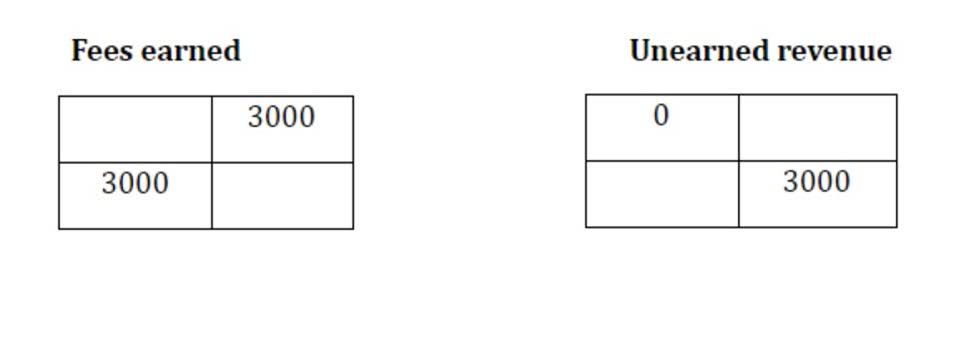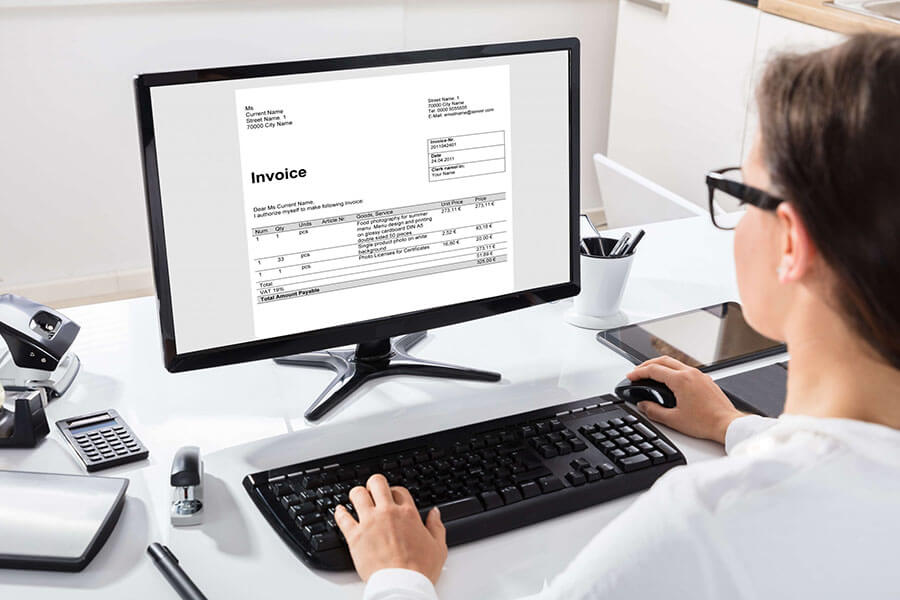
This means hotel budget that you need to check that the marketing budget, capital expenditures, and operational costs are proportionate to the expected revenue that it will generate. As many of your decisions for the next year will be based on your hotel budget, it’s crucial that you approach it diligently. They always say you should have a “cushion” when it comes to budgeting, and hotel budgets are no exception.
Creative hotel budgeting tips for revenue managers
- Post collection of data, the management should derive the attainable mission, numbers, and KPIs to hit for the next fiscal year.
- Instead of concentrating on short-term returns, capital budgets are designed to evaluate how these longer-term projects will add value and drive growth over time.
- Estimates recurring and non-recurring expenses tied to hotel operations, ranging from salaries and benefits to utilities, property maintenance, tax liabilities, and depreciation charges.
- Every hotel needs a solid financial plan to ensure that its financial outcomes align with its business goals, and that each department plays its part in hitting those targets.
- And that’s not all – a cloud-based app, HelloShift allows guests to do everything from checking in on their mobile device to digitally signing hotel registration cards.
- Proper planning and execution of the budget can reduce business costs and increase the profit margin.
Striking the right balance is essential if you want to ensure the longevity of your hotel. Monitoring key economic indicators like GDP What is bookkeeping growth, employment rates, and consumer confidence can help predict broader trends affecting the hospitality industry. For example, an improving economy may lead to increased business travel and higher occupancy rates, while a downturn could have the opposite effect. The sales budget details expected revenues generated through direct bookings, group contracts, and wholesale agreements. It often incorporates targets for room nights sold, meeting space usage, and ancillary services provided.
- Incorporate productivity trends into your future hotel budgeting efforts to account for additional staffing needs during high-demand periods or other identified periods.
- Once this is understood, steps can be taken to maximize employees’ value.
- Yet, many hospitality organisations need to leverage all their resources and expertise.
- Breaking down demand into different market segments (such as business travelers, leisure tourists, or group bookings) allows hotels to better understand their customer base and tailor forecasts accordingly.
Estimate operating expenses

Lund recommends hoteliers reference The Uniform System Of Accounts For The Lodging Industry (USALI) when going through their budgeting and financial planning process. Not only does Volopay help you in business budget planning, but it also makes sure that you don’t overstep it. But blindly trimming expenses and cutting costs will lead to instability in hotel management. This set includes the everyday expenses that a hotel incurs to sustain the business, and unlike capital costs, these items are perishable. Department budgets are where each operating department is considered a separate entity, and budgets are estimated based on fixed and variable expenses of that department. Comparing outside data against your forecast is always critical during the budgeting and forecasting process.
- We are dedicated to creating the tools that you need to take hospitality (your art) to the next level.
- Some tools have customizable comparison columns so that comparison data is available while working.
- Cultivate a culture of continual learning and adaptation, fostering resilience amidst uncertainty and enhancing overall financial stewardship.
- That will help you gather more insights, pull data, and identify your primary revenue streams.
Maximise your hotel revenue with SiteMinder
In a nutshell, business budget planning projects your revenue and aligns the expenses in line with it to make the most out of your budget while making profits. In general terms, the annual budget is a strategic financial plan made by the company’s finance team to project the expenses and income of a particular fiscal year. Budget and forecast processes are meant to bring organizations a variety of benefits.
This guide will walk you through the essential steps, best practices, and expert advice to help you create a robust hotel budget. Creating a robust budget is essential for any company’s planning and operations. Often, they exclude procurement, a crucial player in managing expenditures, from the budgeting process. Yet, many hospitality organisations need to leverage all their resources and expertise.
- However, you could also include any relevant strategic decision-making here, such as plans to merge two different hotel departments, which could result in workforce downsizing.
- Hotels often rely on disparate systems for tracking reservations, revenues, expenses, and other critical data points.
- You can set up budgets within the application for each expense category and set limits.
- It’s also important to note that even though budgeting and forecasting go hand-in-hand, there are some key differences between the two.
- Another key component of effective hotel budgeting involves comparing the year-to-date performance against previous years.
- Reserve funds mainly go for fixing unexpected repair or replacement costs of furniture or a piece of equipment.
- “Once it’s done, it’s set in stone, and we don’t make changes to it,” Lund says.
You have to contact different managers, rummage through accounting books, inspect every spreadsheet your system contains, and whatnot. Clever budgeting options, quick local and international business payments at reasonable fx fees, designated user-level controls, reimbursements through a mobile app, and many other cool features. Otherwise, you will have to withdraw funds from your regular budget which can affect other operations till you put that money back. ADR is the average revenue earned for a room per day and RevPAR is the hotel’s overall revenue per available room (including unsold rooms).
Cash Flow Management
Every hotel will have many operational factors to consider when establishing a working hotel budget. A simple example would be the weather issue and its impact on hotel operations, such as an increase in demand when the weather is https://www.bookstime.com/articles/recurring-billing warm and a decrease during the coldest months. Next, creating and optimizing your hotel budget will require understanding your workforce, especially regarding productivity and other key performance indicators. You should be able to build a picture of how productive they are and how often they work for each employee and department. As you can see many things have to be considered and included in your hotel budget plan. We need to look at these aspects of the business, and many more, as they influence your financial results.


It lets you process local and international transfers, employee reimbursements, and online and card payments in one place. Real-time data management is a must for both budget forecasting and monitoring. What can you do here to reduce your accounting team’s workload by half and help you with business budget planning?
Expense projections
Budgeting is the process of planning a company’s revenue and expense figures for a specific period of time. This will involve identifying cash flows and allocating resources required for company spending. The process of building an annual budget typically takes three to six months to complete.

